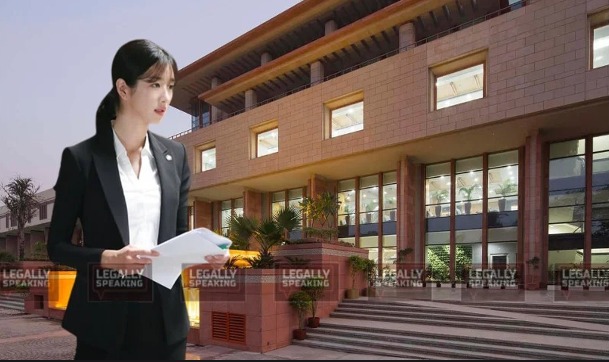
The Delhi High Court on Tuesday allowed a petition by a Korean national, Daeyoung Jung, seeking permission to practise as an advocate in India.
The ruling was pronounced today by Justice Yashwant Varma, who directed the Bar Council of India (BCI) to allow Jung’s application for enrolment with the Bar Council of Delhi (BCD).
Jung had first approached the BCD for enrolment, but it was rejected. He then sent the BCI a representation. His representation was rejected by the BCI.
Jung then approached the High Court, claiming that because he completed his law degree from an Indian institution and therefore, BCI’s decision refusing to consider him as eligible for enrolment as an attorney on the BCD rolls was incorrect.
According to the petitioner, an Indian national who receives a law degree in Korea is eligible to practise in Korea, and thus, under Section 24 of the Advocates Act, a Korean national who studied law in India should be permitted to practise in India.
Section 24 specifies that a native of any other country may be admitted to the State roll as an advocate if Indian citizens are permitted to practise law in that other country.
The BCI argued that if the petitioner is enrolled as an advocate and then subsequently participates in professional misconduct, no action can be taken against him if he leaves Indian territory.
According to the BCI, Jung’s enrollment would pave the way for entry of people of foreign origin to be admitted to the Indian Bar, which would be unprecedented.




